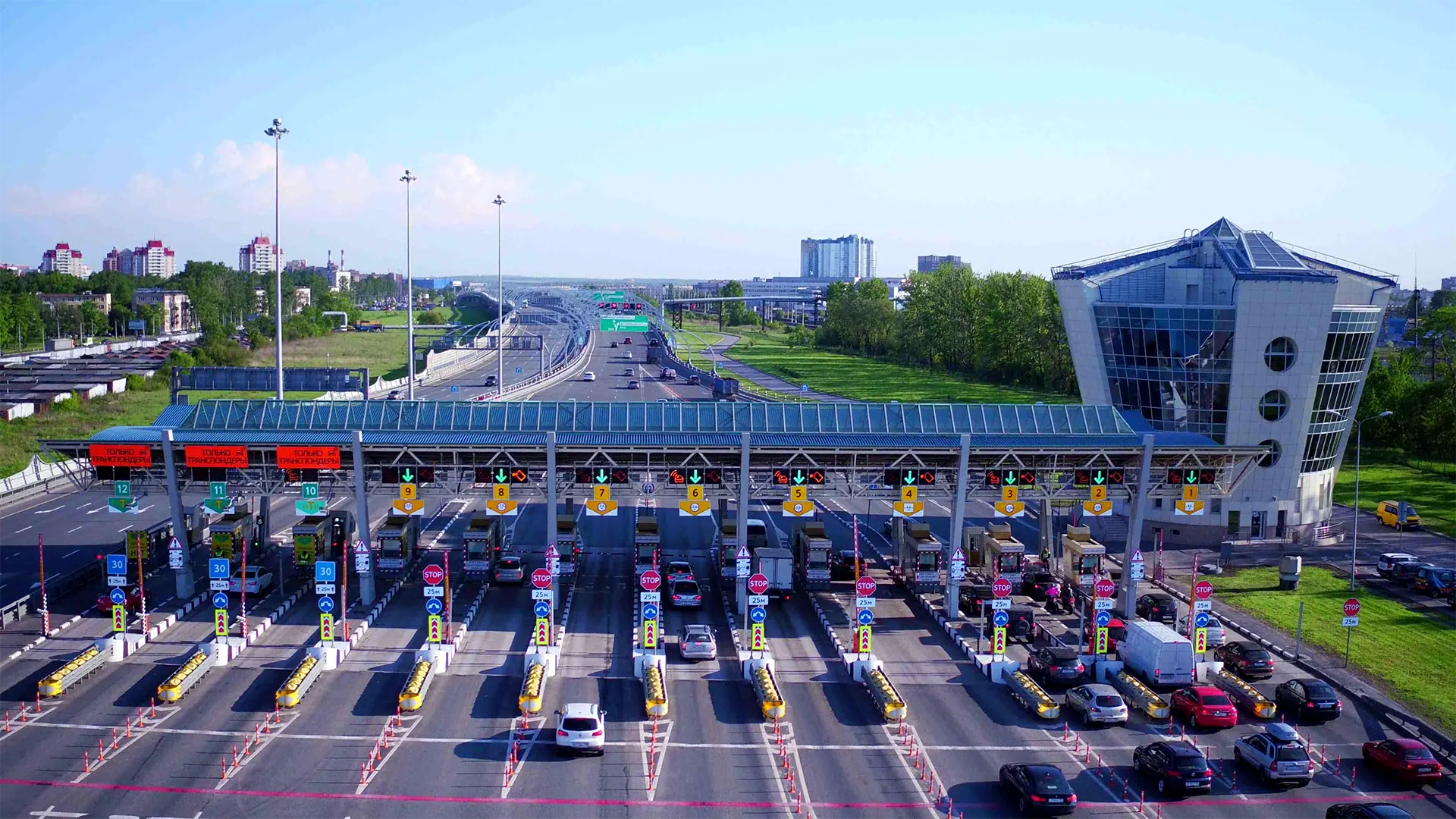
Definition
Maut, also known as the German toll system, is a road usage fee that is required for all vehicles using the German motorways and some federal roads. It is a form of taxation that is used to fund the maintenance and development of the German road network.
Purpose
The Maut system was introduced in Germany in 2005 and is mandatory for all vehicles over 3.5 tonnes, including trucks, buses, and coaches. The purpose of this toll system is to generate revenue for the German government to improve the country’ s infrastructure and reduce the burden on taxpayers.
Payment methods
There are various methods of payment for the Maut system, including a prepaid card, an on-board unit, and online payment. The most common method is the on-board unit, which is a small electronic device that is installed in the vehicle and automatically deducts the toll fees as the vehicle passes through the toll gates.
Exemptions
There are certain exemptions to the Maut system, including emergency vehicles, public transport, and vehicles with disabled people’ s permits. However, these exemptions are subject to specific conditions and must be registered with the German Federal Office for Goods Transport (BAG).
EU Regulations
The Maut system is not only applicable to German vehicles but also to all vehicles registered in the European Union (EU). This is due to the EU’ s regulations on the free movement of goods and services, which require equal treatment for all EU member states.